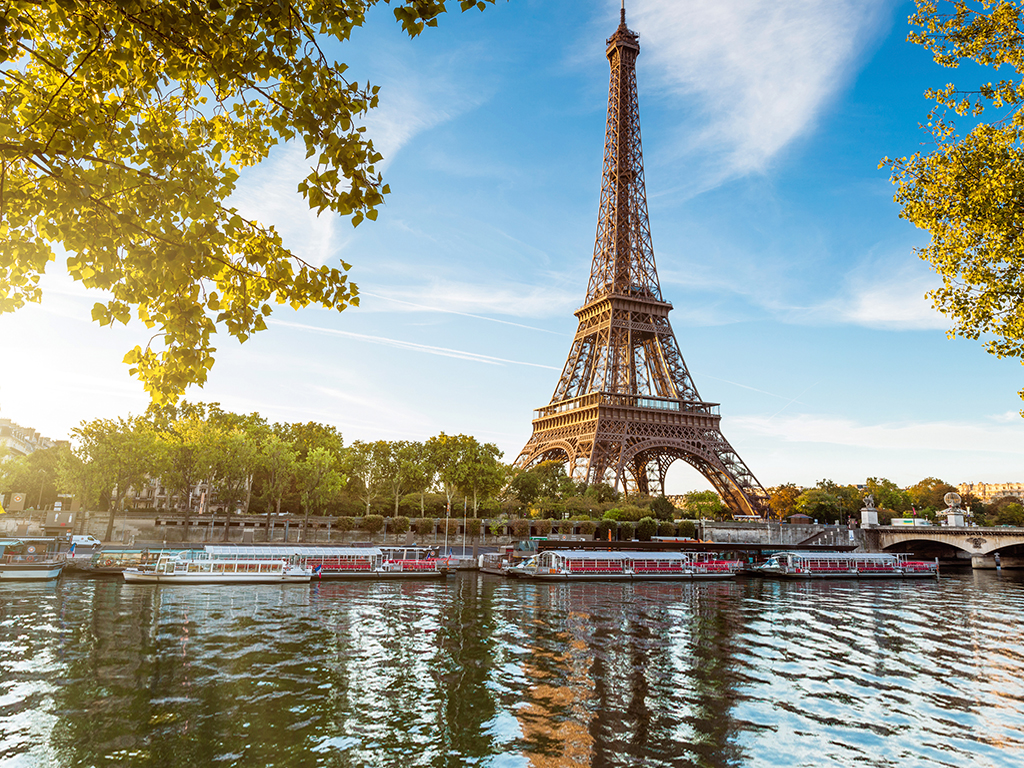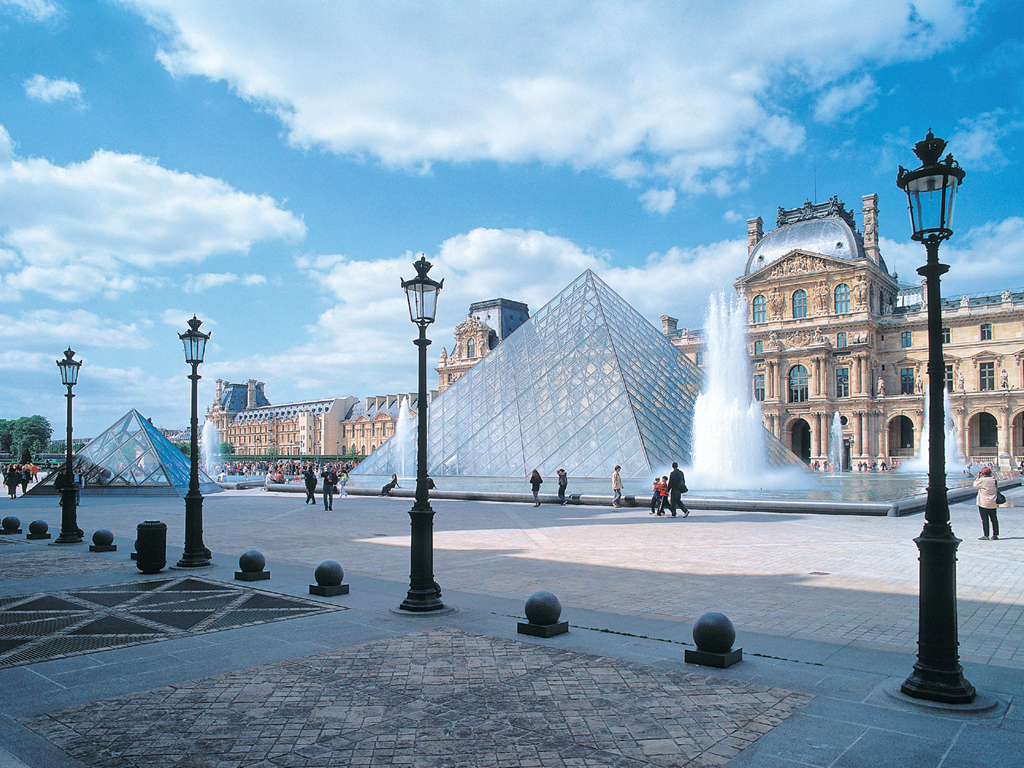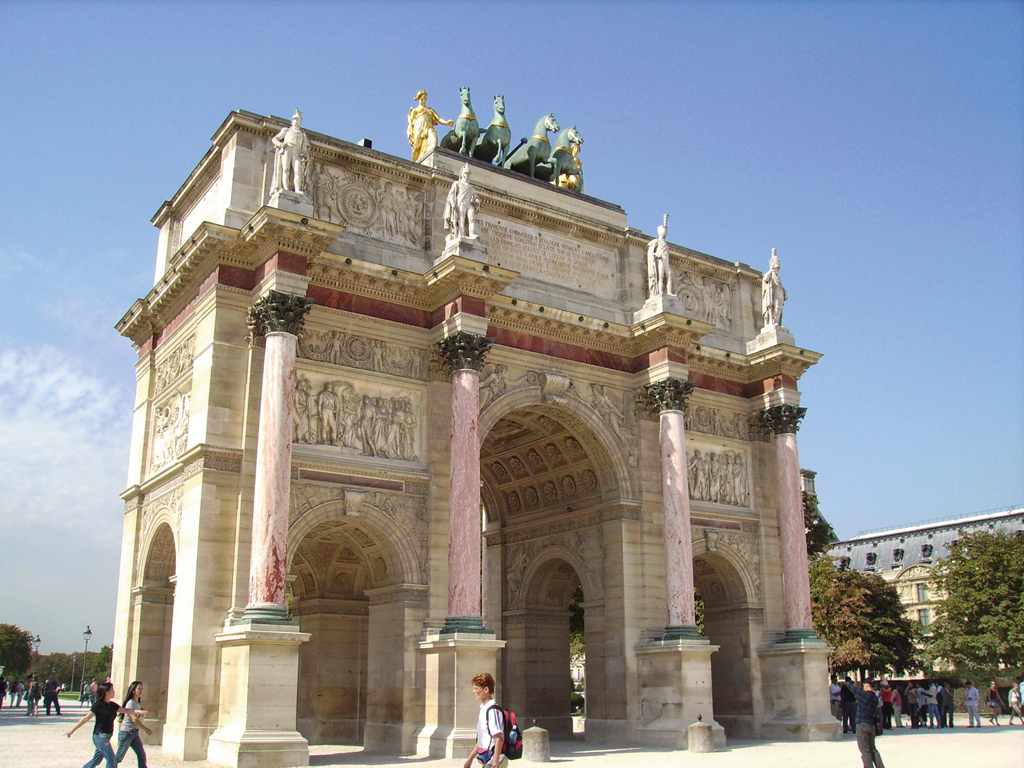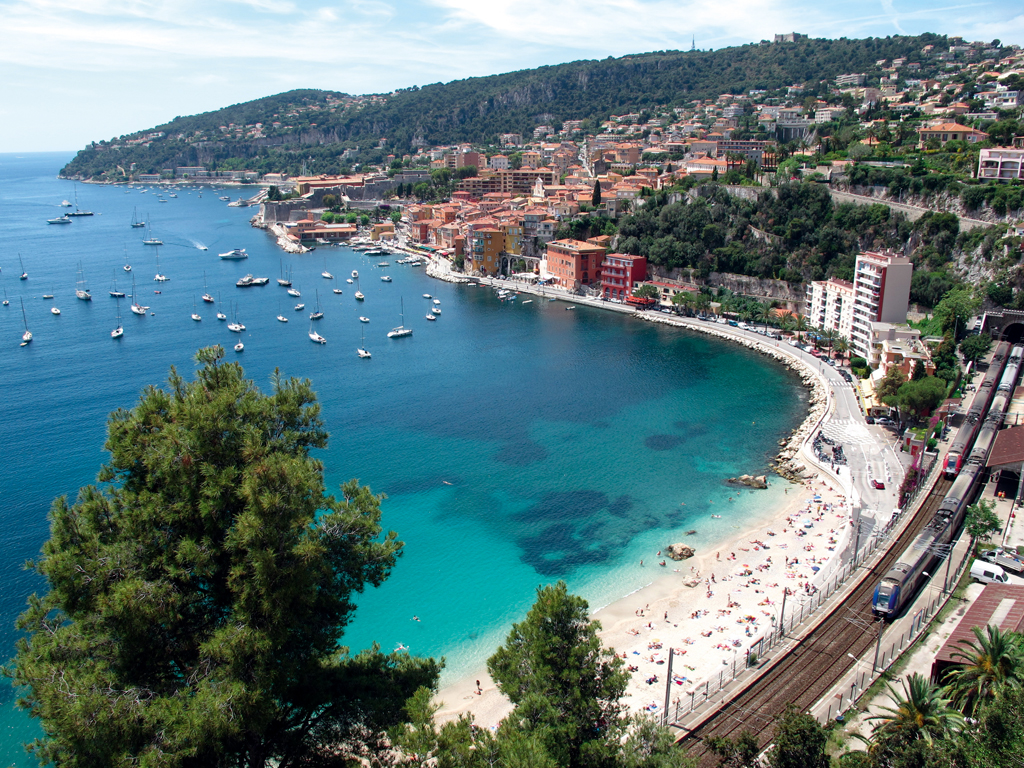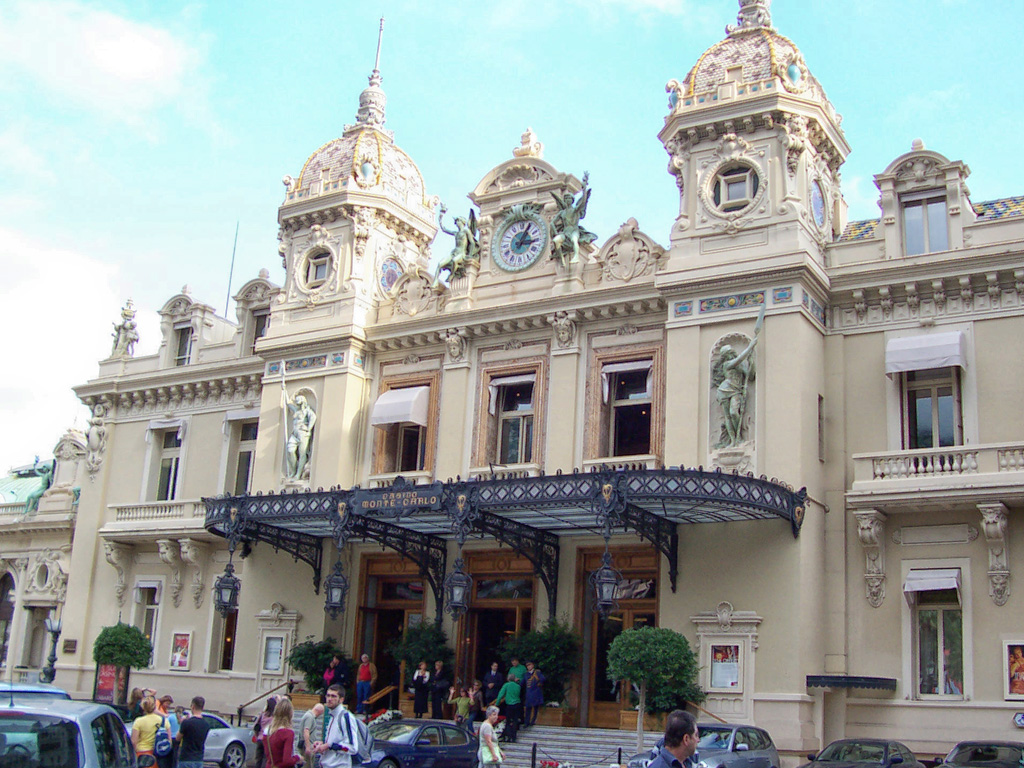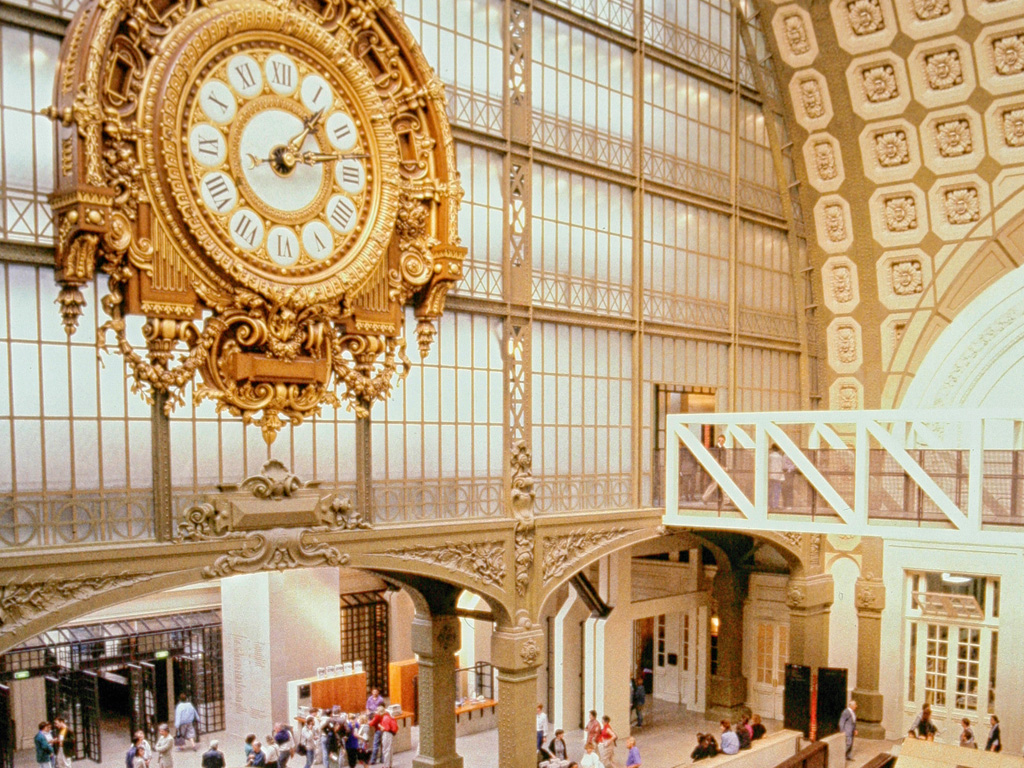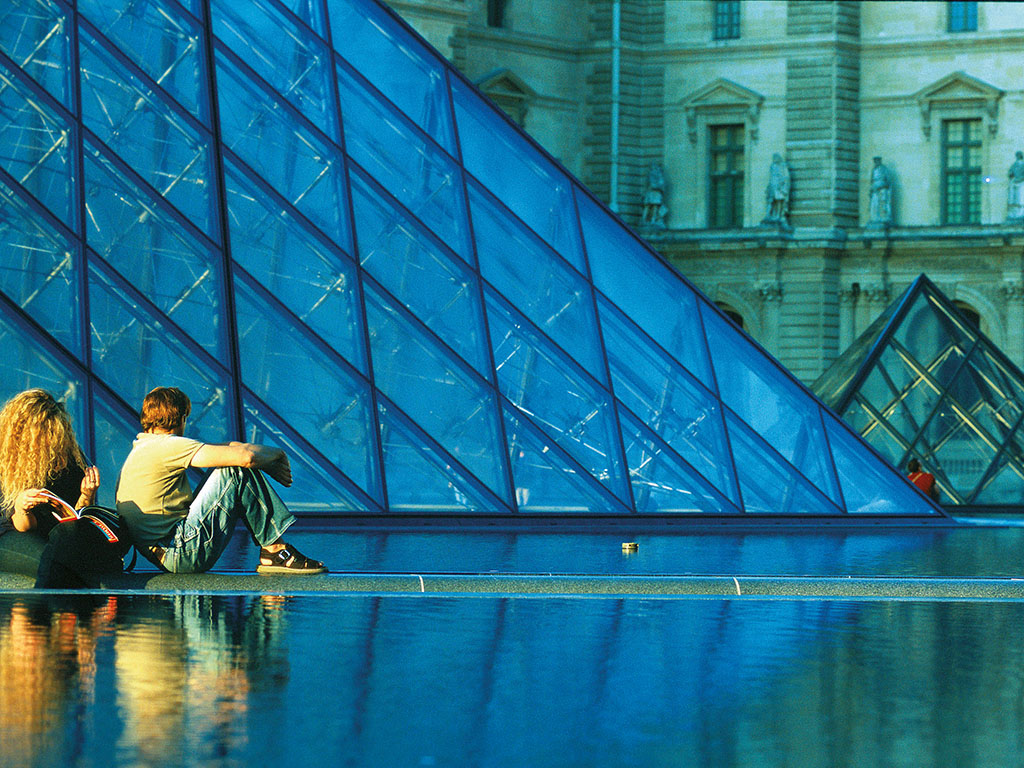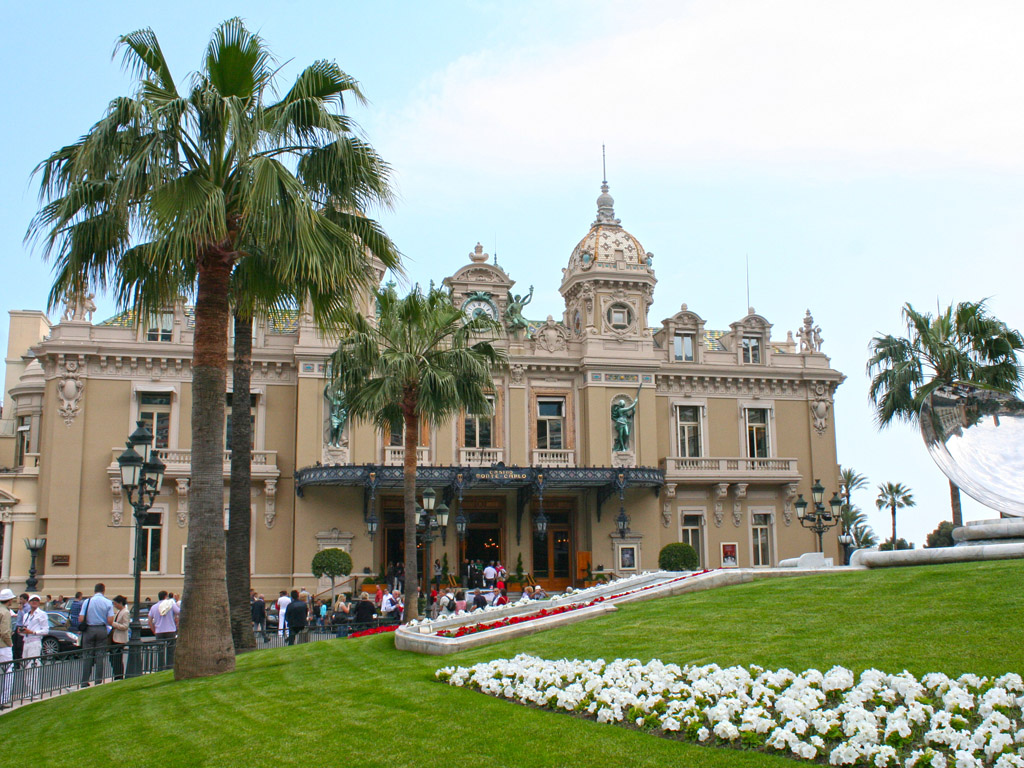💸 Enjoy incredible discounts and benefits, including Christmas vouchers 🎅🎁 Start saving now! 💰
France travel guide
The French way of life has long become an integral part of the culture. Gastronomy, fashion, sports, festivals and traditions contribute to the relaxed lifestyle of the French. A very good infrastructure and infinite shopping possibilities are the recipe to a great French vacation.
From a cultural point of view, France has it all: beautiful architecture and exciting museums with world-famous works of art, like the Mona Lisa, are waiting for you with a longing smile.
The French are very proud of their language, which is why we recommend that you bring at least a basic knowledge of French with you when you travel to the country. You may find that your counterpart does not speak English, which is why we have created an English-French dictionary with the most useful sentences for you.
Geography
Time zone
Climate and travel seasons
If you are planning a beach vacation, the best time to travel to the Mediterranean is from May to October, while for the Atlantic coast you should plan the period between June and September. A nice winter vacation can usually be experienced between December and April. In the mountains you can ski all year round.
| Jan | Feb | Mar | Apr | May | Jun | Jul | Aug | Sep | Oct | Nov | Dec | |
|---|---|---|---|---|---|---|---|---|---|---|---|---|
|
|
8 | 8 | 10 | 14 | 16 | 19 | 22 | 20 | 18 | 16 | 12 | 11 |
|
|
-1 | 1 | 2 | 5 | 9 | 12 | 14 | 14 | 12 | 8 | 3 | -1 |
|
|
3 | 1 | 3 | 4 | 3 | 3 | 2 | 3 | 4 | 3 | 2 | 2 |
|
|
5 | 5 | 7 | 7 | 18 | 22 | 20 | 11 | 5 | 3 | 10 | 5 |
Entry requirements
For more information and visa requirements, please contact the French Embassy or Consulate. We recommend an early application, as the processing time can be long and documents with French translation may be required.
Currency
Health care
In any case, ask your health insurance company whether and which costs will be covered in case of emergency. In case of doubt, it is advisable to take out an international health insurance policy that allows you to make use of more extensive services, such as a possible return transport, free of charge.
Packing checklist
Religion
Politics
Language and communication
Public transport
History
Festival
- Festival Saint-Denis: (May) Every year international conductors and soloists meet during the Festival Saint-and play pieces from Mahler, Mozart or Schubert as well as more contemporary pieces. If you don’t get tickets don’t worry: you can always see some of the concerts on a screen outside of the basilica.
- Paris Jazz Festival: (June - July): Summer, nature, music and the enchanting Paris atmosphere - what more could you want? Jazz, Soul, Funk, Latin & Dance will be played for 8 straight weeks in the city's Botanical Garden. This festival hosts music workshops and aims to appeal to all generations.
- European Night of Museums (May): The long night of museums should not be missed in cities like Paris and Nice! Many museums are open until late at night and are accompanied by readings, concerts, workshops and performances. Admission is completely free, so dont miss the opportunity to completely immerse yourself in the incredible French art and culture.
- Nuit Blanche: If you are in Paris, you simply cannot miss the Nuit Blanche! On the first Sunday of October many of the city’s museums keep their doors open until late at night. The program includes readings, concerts, workshops and performances. But the entertainment doesn’t stop inside! In fact, many artists show their work on the magical streets of Paris.
- Salon du Chocolat: (October) If you love chocolate the Salon du Chocolat in Paris will make your mouth water! During the 5 days the festival takes place, chocolatiers, craftspeople and cocoa producers from more than 15 countries showcase chocolate treats from all over the world!
- Fete du Citron: (February) The spectacular fair in Menton is a must-see! The city of Nizza was historically one of the the biggest citrus providers in the world, which is why the town is painted yellow every year. For two whole weeks you will see festival wagons decorated with lemons driving down the seaside and night parades ending with a big firework show.
- Foire Internationale de Nice: (March) This festival has been taking place in the Palais des Expositions de Nice since 1936. 400 national and international exhibitors present different consumer goods like photo equipment, gardening items, arts and crafts, wine and food, furniture, and even sport items. The fair is absolutely massive, with almost 100.000 people attending every year.
- Fete des Roses: (April) At this elegant event the eternal beauty of the rose is celebrated in the gorgeous villa Cap Ephrussi de Rothschild. During your visit, you will not only admire different roses but also enjoy delicious wine and go for a walk in one of the prettiest Gardens of the Riviera.
- Nice Jazz Festival: (July): Did you know that the first jazz festival in the world was not held in the USA, but in Nice! The Nice Jazz Festival has been happening since 1948, a 5 day festival that attracts thousands of jazz aficionados. Jazz concerts are given on different stages at the same time. Musicians like Lionel Hampton, Ella Fitzgerald, Ray Charles and Herbie Hancock are just some of the legendary names that have taken part in this amazing event.
Holidays
- May 1: Fête du travail (Labor Day)
- May 8: Victory Day (Fête de la Victoire), is celebrated to commemorate the victory over the German Reich in World War II (Victoire 1945)
- July 14: Fête Nationale de la France, the most famous French national holiday. This day is celebrated with military parades all over the country to commemorate French victories of the past.
- November 11: The Armistice of Compiègne commemorates the 1918 armistice between Great Britain, France and the German Empire that ended World War I.
Food
If you think all the French eat are frog legs and baguette, think again! French cuisine is one of the most influential and recognized ones in the world! Most of the famous sauces, such as béchamel sauce, béarnaise sauce, hollandaise sauce, mayonnaise and remoulade, originate from France.
There are also numerous stews, such as pot-au-feu, coq au vin, poule au pot or cassoulet. Every meal usually comes with a bread basket or baguette.
Each region in France has its own cuisine, for example, the famous Bouillabaisse, a fish stew, comes from Marseille. Paris is known for the typical French onion soup, Brittany is well known for his delicious "Crêpes Bretonnes", Alsace for the sauerkraut (choucroute garnie), and tarte flambée.
And of course we have to mention French desserts! Who doesn't know the crème brûlée, the crêpe or the mousse au chocolat? Even the popular breakfast pastry, croissant, comes from France.
Common tourist mistakes
French people also put a lot of importance on table etiquette: remember to keep your hands on the table at all times and never cut your baguette with a knife - bread is always broken by hand.
Even if the front passenger seat is free, you should always get in the back of a French cab: it is not customary to sit next to the cab driver.
Tips and advice
Small dictionary
| English | Français |
|---|---|
| Hello! | Salut! |
| Good morning! | Bonjour! |
| Good day! | Bonsoir! |
| Welcome! | Bienvenue! |
| How are you? | Comment vas-tu? |
| Good, thank you! | Bien, merci! |
| And you? | Et toi? |
| Thank you (so much)! | Merci (beaucoup)! |
| You're welcome! | De rien! |
| Good night! | Bonne nuit! |
| See you later! | À plus tard! |
| Bye! | Au revoir! |
| I am lost | Je suis perdu |
| Can I help you? | Puis-vous aider? |
| Can you help me? | Pouvez-vous m’aider? |
| Where is the bathroom/pharmacy? | Où se trouvent les toilettes? Où se trouve la pharmacie? |
| Do you speak (English)? | Parlez-vous (anglais)? |
| My name is… | Je m’appelle... |
Do you have a question or need some advice?
We are always ready to solve any doubts you might have!

